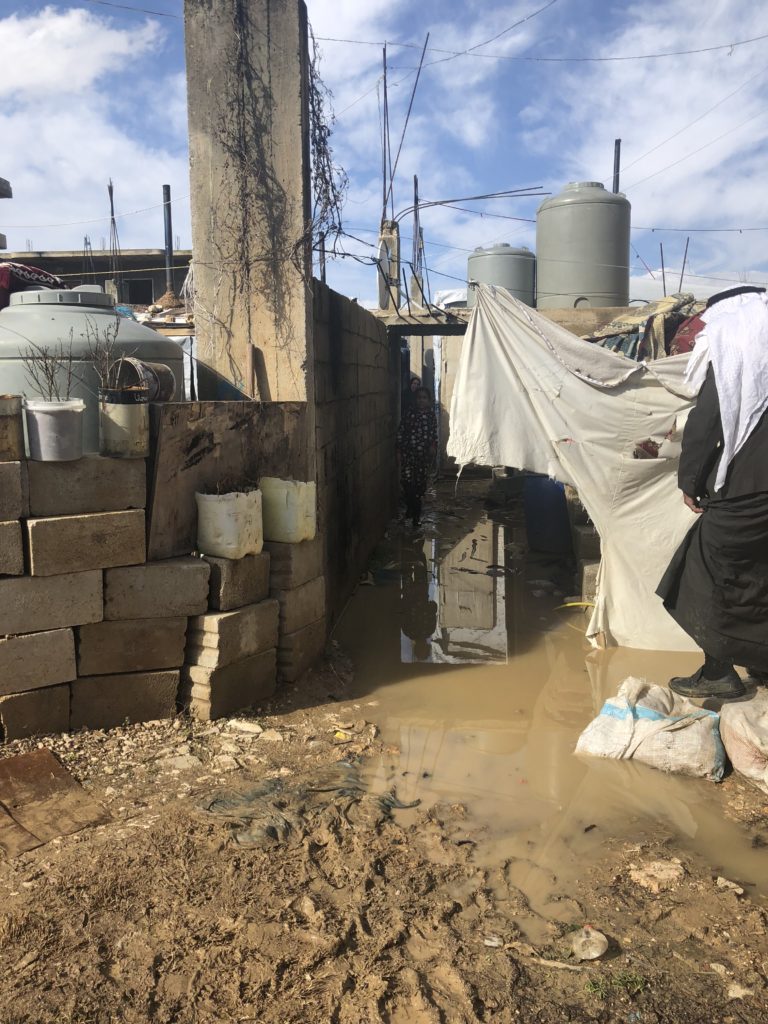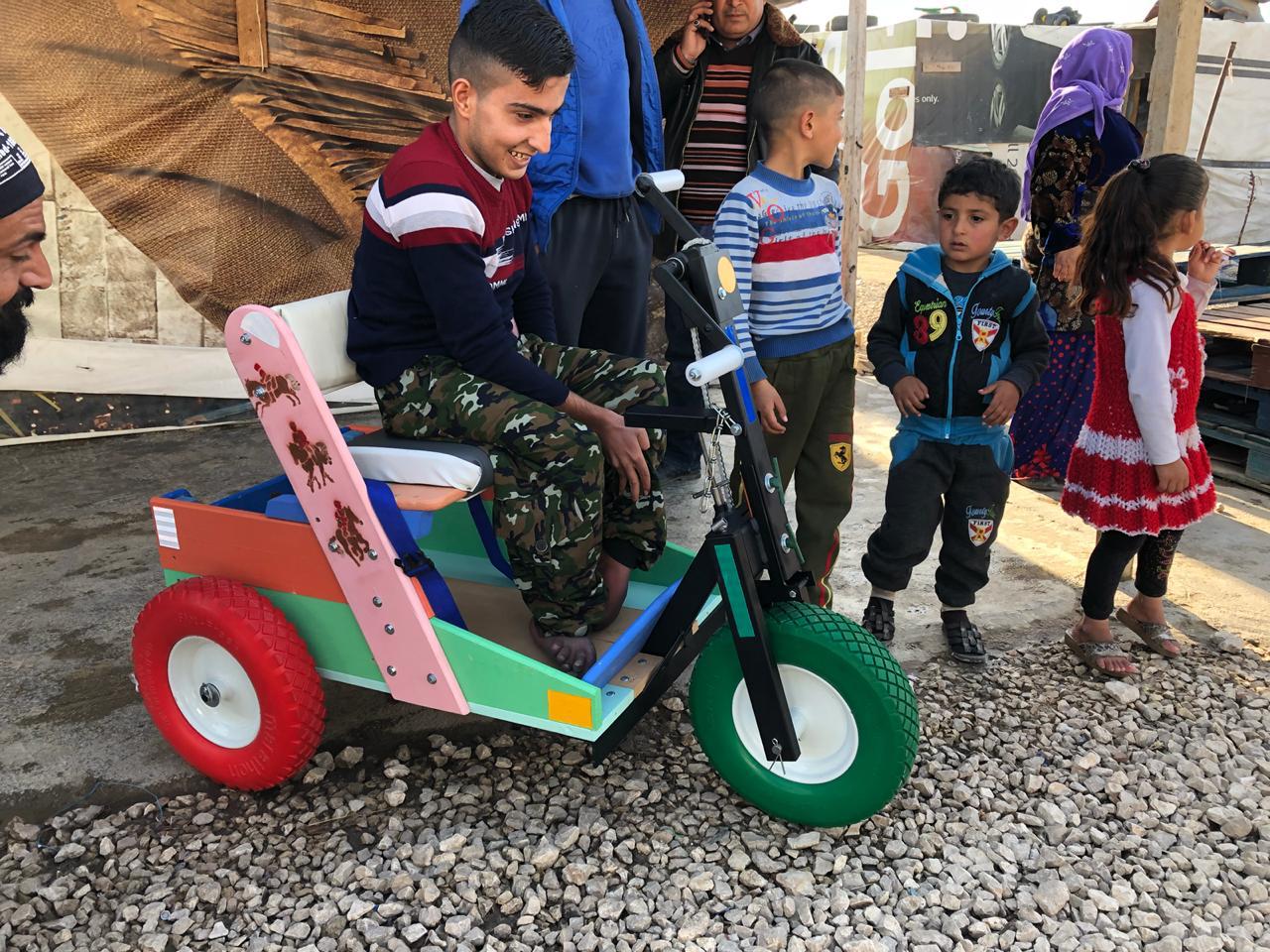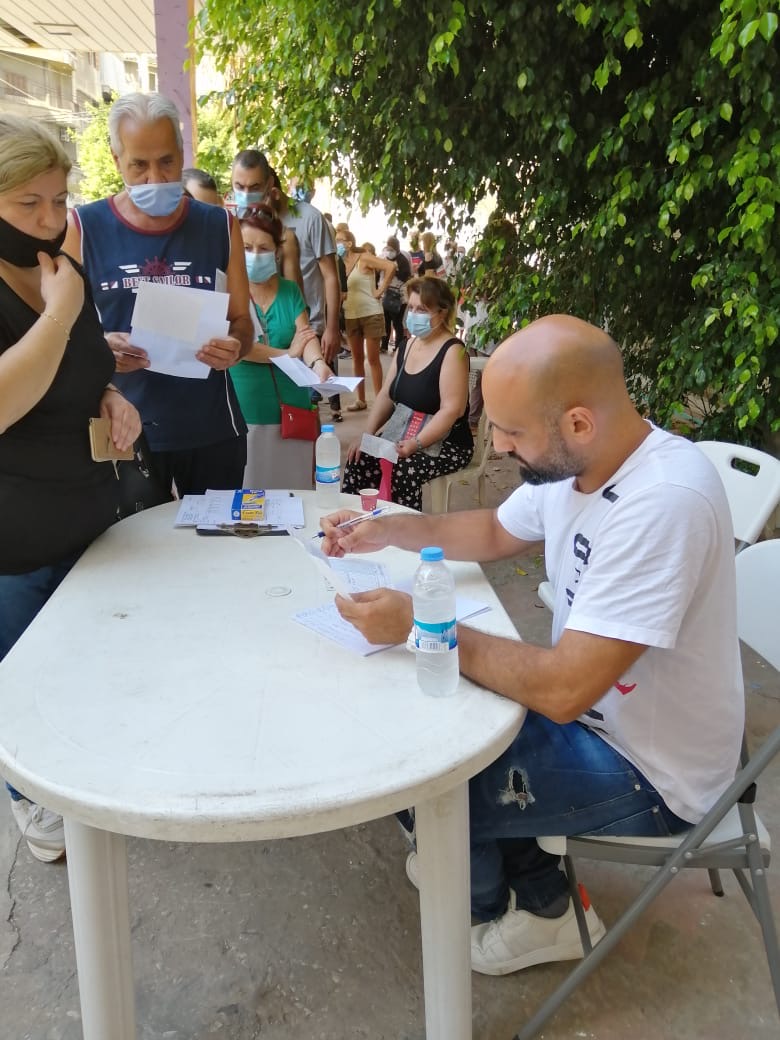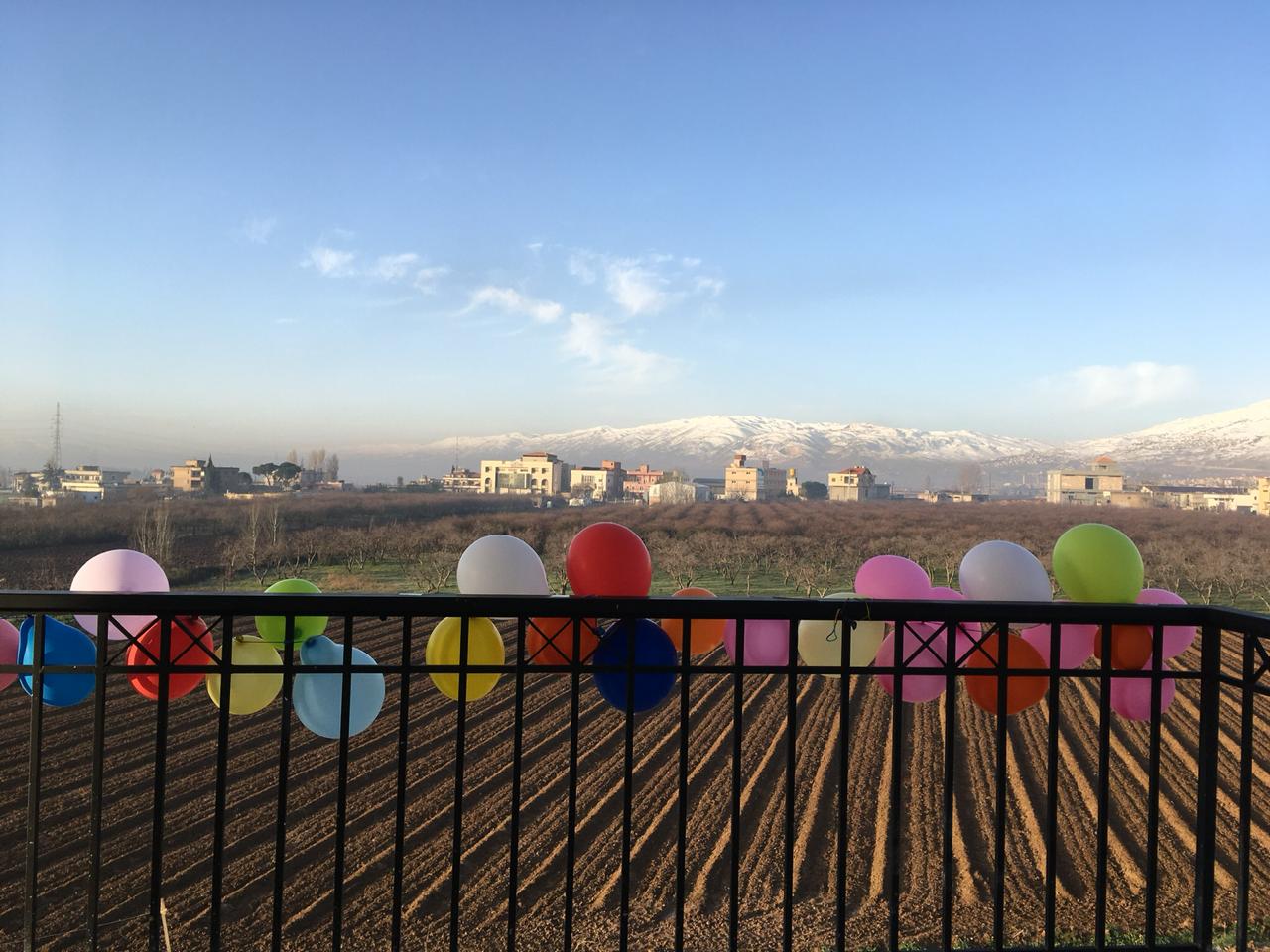Articles
Winter in the Bekaa
In my apartment I get up, start making coffee and notice that the snow has turned to rain outside, melting the small piles of snow on cars and in fields. Throughout the morning I see the fickle weather go back and forth from snowing to raining, wind constantly blowing. I cook my eggs and vegetables from my refrigerator and as I eat I think of how small children are sent running errands to buy food for breakfast. Most of the refugees do not a way to store much food and can’t afford to buy food except from day to day. Children as young as 4-5 years old are sent to small shops to buy bread early in the morning for their families.
In the afternoon I get in my car and I drive to visit some camps to see what damage has been done and if I can offer any assistance. I drive past camps and see mattresses and blankets draped on fences to dry, if only the sun would come out from behind the angry looking storm clouds.

I arrive at one camp and greet a few friends on my way in; their cheeks are bright from sitting in their overly warm tents and coming out into the contrasting cold. As I walk in the camp I speak with some people: tents has been flooded by the storms. In between showers of rain and snow they have started using a pump to get the water out of their homes. One family had a storeroom of food and extra bedding, the bedding can be dried out but the food is destroyed. I see women working quickly, trying to squeegee out their floors. A woman shares with me that they woke up to a drenched mattress and didn’t sleep the rest of the night. The UNHCR reports that 117 informal settlements were affected by this storm and 156 families evacuated and relocated the first day of the storm, 16 families relocated the second day, and 17 more the third day of the storm. These families remained in relative’s or neighbor’s homes, school buildings or community centers until the storm subsided and the water in their tents could be pumped out.
I walk into a second and third camp and speak to people. I watch children running to each other’s tents in sandals despite the wet, muddy freezing temperatures. Sandals are affordable and can be worn year round; boots are expensive and can only be worn a few months. A woman tells me she is so glad that the storm wasn’t all snow because snow is heavy and breaks roofs. She thinks it is easier to deal with the water flooding in and the muddy streets than a broken roof. Nuna comments, “Some of the tents are like shacks, so the winter snow is heavy on the roofs, and some of them had their roofs collapse on them, so they had to find refuge in neighboring tents and they had to rebuild, again.”
Men wander around aimlessly as my friend tells me that it is very hard for them to find work in the winter when the weather is bad. Normally refugee men from camp work manual labor jobs, in the fields or in construction, but when it snows all this work is halted; as is their income.
Winter is a very difficult time in the refugee camps. Families are stuck inside, homes are constantly dirty from the mud tracked in, men cannot find work, they fight a recurring battle against water flooding in, or roofs caving in from heavy snow, it is cold, the small stoves they use can be dangerous for burning children and for catching things on fire.
Hanna







